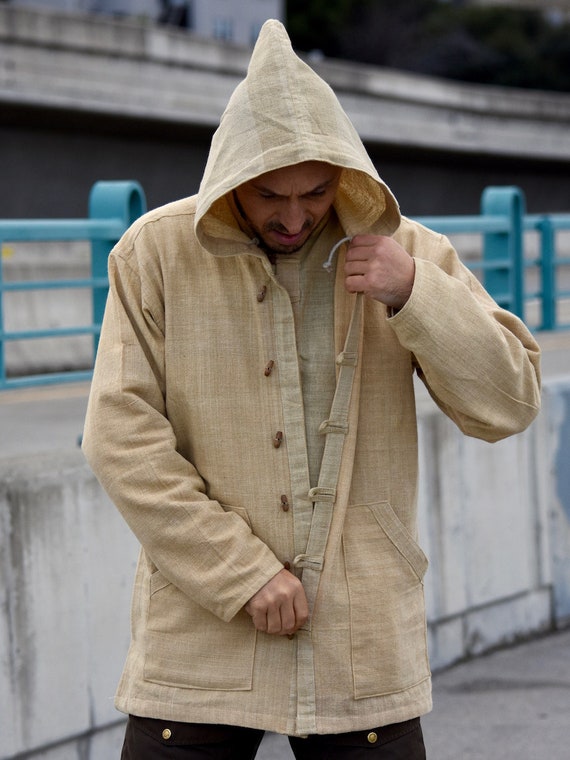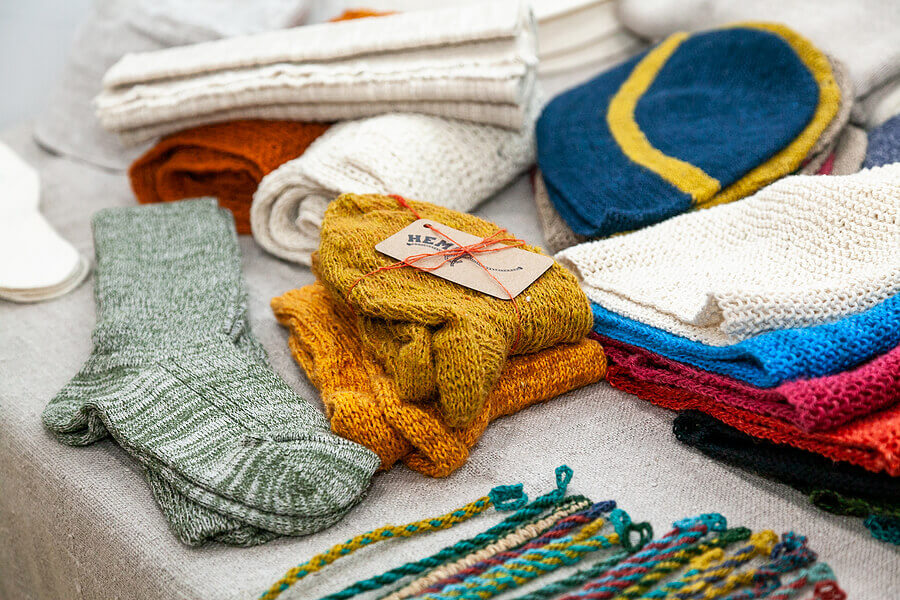Excellent Facts For Selecting Hemp Clothes
Wiki Article
What Are The Advantages Of Hemp Fibres That Are Low Impact Clothing That Is Sustainable?
Low impact fiber hemp clothing provides numerous environmental advantages when compared to clothes made of other materials. This includes synthetic fibers, cotton and traditional cotton. Hemp clothing has many environmental benefits. It grows rapidly and requires little water, pesticides, or herbicides in comparison to other crops. Hemp thrives in a wide range of kinds of soils and climates. This reduces the use of agricultural chemicals.
Hemp typically uses a lot less water than traditional cotton. Cotton is known to use plenty of water. This makes hemp clothing a more efficient option in terms of water.
Hemp can be grown without herbicides or pesticides. In many cases this helps reduce the environmental impact of chemical farming.
Hemp is good for soil health. The deep roots of the plant prevent compaction and erosion. This helps make the soil more fertile for future plantings.
Biodegradability Hemp fibers degrade naturally and biodegradable over time. In contrast to synthetic fibers, such as polyester that can require thousands, or even hundreds of years to break down.
Lower Carbon Footprint. The production process for hemp fibres is usually lower in carbon than the production of synthetic materials. Hemp can also be a carbon sink, as it can absorb CO2 from the atmosphere as it is expanding.
Hemp clothing's durability and longevity are popular. Good quality hemp clothing can last for many years. They can reduce the need for replacements, and also help to reduce the amount of waste.
Natural Pest Resistance Hemp plants have natural resistance to a variety of pests, which reduces the need for chemical pest control measures.
Hemp is versatile, as it can be utilized in many different textile applications including clothing, bags and accessories. It's a sustainable and fashionable fabric.
Regenerative Agriculture - Certain sustainable farming practices use hemp in regenerative systems of agriculture that are designed to restore ecosystems and enhance the quality of their ecosystems while generating crops. This has positive environmental benefits.
The process of dyeing, transportation as well as consumer behavior all contribute to the sustainability of the entire process. Similar to any other industry, you can find variations in production methods and standards. Therefore, it is important to search for organic hemp clothing or certified hemp clothes. This will give you the most environmental benefit. See the recommended hemp clothing advice for site tips including hemp t shirt mens, hemp work pants, mens hemp clothing, hemp shorts, hemp fleece fabric, hemp bathing suit, hemp fleece fabric, patagonia hemp shorts, patagonia work pants hemp, organic hemp hoodie and more.

How Is Hemp Clothing Functionally And Technicalily More Efficient Than Traditional Fibres?
Hemp clothing offers a variety of functional and technical advantages over conventional fibers, while also being eco-friendly. Hemp clothing comes with a variety of advantages that make it a superior eco-friendly and high-performance choice.
Hemp fibers wick moisture away from the body, keeping you cool and dry in hot weather. They help to wick away sweat, keeping wearers cool and dry during the hot summer months.
Temperature Regulation
Hemp clothing has excellent thermoregulating capabilities. It keeps you warm in cold weather by trapping the warmth close to your body. In hot weather, it helps you keep cool by allowing heat and humidity to go away. The ability to regulate your body's temperature naturally will help you stay away from frequent changes of clothes.
Durability and longevity-
Hemp fibers are well-known for their durability. Hemp clothing is known to be stronger and durable. It is also less prone to wear and more durable than other fibers. The durability of hemp clothing is that it lasts for longer, which reduces the necessity to replace them and, consequently, the impact on the environment.
UV Protection
Hemp fibers help protect skin from harmful UV rays. This feature is especially beneficial for outdoor activities.
Biodegradability:
Hemp clothing degrades naturally with time. This helps to reduce the impact on the environment of textile trash. Synthetic fibers are able to be left in landfills for extended durations.
Low Environmental Impact-
Hemp is usually grown using fewer pesticides, herbicides, and synthetic fertilizers than cotton. It is also environmentally sustainable since it requires less. Hemp farming organically enhances the eco-friendly features.
Carbon Sequestration
Hemp plants can absorb carbon dioxide from the air in the course of their growth. In this way, hemp can serve as a carbon sink in order to help reduce greenhouse gas emissions.
Sustainable Crop Rotation
Hemp is a great crop that can be incorporated into rotations of crops. It helps improve soil health and reduces the risk of developing diseases. This environmentally friendly farming method is possible due to sustainable farming practices.
Versatility:
Hemp fibers can be combined with other materials, like organic cotton or recycled polyester, to make eco-friendly and high-performance fabric blends. This flexibility allows the creation of sustainable, innovative textile products.
Low Toxicity
Hemp fibres are low in toxicity, by nature, and do not need chemical treatment. They reduce the environmental impacts of textile production.
It is important to remember that while hemp does have many environmental benefits, including functional ones but its sustainability overall is dependent on other factors like the dyeing process, transportation, and ethical work practices. To make conscious choices for the environment consumers should seek out clothing brands that prioritize sustainability as well as transparency as well as ethical production practices while using hemp or other sustainable fibers in their designs. View the top rated redirected here on hemp clothing for website info including t shirt hemp, patagonia island hemp pants, organic hemp fabric, 100 hemp t shirt, hemp sweatpants, patagonia ranch jacket, hemp jeans, organic hemp underwear, hemp mens jeans, patagonia hemp shorts and more.

What are the differences between hemp and Bamboo fibers?
The two fibers from plants, hemp as well as Bamboo are used in the production of textiles, and each has their own characteristics and properties. Here are the major distinctions between hemp and bamboo fibers. Plant Source-
Hemp fibers are derived from outer bast fibres in the stalks. Hemp is an adaptable and fast-growing crop that has been used in various ways for centuries.
Bamboo The bamboo fibres are made by the cellulose of bamboo plants. Bamboo is grass that is fast growing and is renowned for its long-lasting qualities.
2. Fiber Characteristics
Hemp Fibers- Hemp's fibers are highly durable and strong. They are natural fibers with a lot of strength which soften and become more supple after washing, which makes them perfect for the production of long-lasting fabrics.
Bamboo fibers are silky and soft. They're not as sturdy as hemp fibers, and they can be more delicate, but they are prized for their comfort against the skin.
3. Texture and Feel
Hemp- Hemp fabric has a textured and slightly coarse feel, particularly in its natural state. It can be comfortable, but it has a different feel compared to bamboo.
Bamboo fabric is silky-smooth and very soft. It's often described as being a mixture of silk and cotton, which makes it extremely comfy to wear.
4. The ability to breathe and the moisture-wicking properties-
Hemp- Hemp fabrics are naturally wicking away moisture. This enables improved air circulation and also absorbs moisture. They are a great way to keep cool during hot summer days.
Bamboo is also extremely permeable, and it is able to wick away water. They also have micro-gaps which increase their capacity to regulate moisture and temperature, ensuring you are at ease in all conditions.
5. Environmental Impact-
Hemp Hemp is an eco-friendly fiber because due to its rapid growth rate, low water needs, and resistance against insects. These attributes help reduce the need for herbicides and pesticides. It can also sequester carbon from the atmosphere throughout its expansion.
Bamboo- Bamboo's sustainability is well-known. It grows fast and requires minimal water and does not require synthetic pesticides. Some bamboo varieties, like Moso bamboo, are very sustainable.
6. Processing-
Hemp- Hemp fibers require extensive processing to separate the outer bast fibers and the woody core. Processing may include retting or decortication.
Bamboo- Bamboo is typically made by a process called the viscose- or rayon-process. This involves the use of chemicals to break down the bamboo fiber. Closed-loop systems are used to reduce chemical waste in certain bamboo textiles.
7. Versatility-
Hemp- Hemp fibres can be used for a wide range of applications, including clothes, textiles and even paper. They are also great construction materials.
Bamboo fibers are used in many products, including sheets and towels.
In sum In the end, both bamboo and hemp have distinct qualities and sustainability advantages. The choice between these two is based on the qualities you are looking for in a cloth and also your preference for the environment. See the recommended koraoutdoor.com outdoor clothing for website recommendations including bamboo tee shirts women, mens boxer shorts bamboo, men bamboo boxer shorts, bamboo shirt, mens bamboo clothing, bamboo womens shirts, bamboo fabric clothing, organic bamboo pajamas, bamboo twirl dress, freefly summer hoodies and more.
